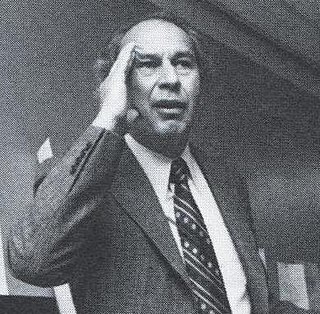A Quote by Henry David Thoreau
If anything ail a man, so that he does not perform his functions, if he have a pain in his bowels even,- for that is the seat of sympathy,-he forthwith sets about reforming the world.
Related Quotes
Unless a man has pity he is not truly a man. If a man has not wept at the worlds pain he is only half a man, and there will always be pain in the world, knowing this does not mean that a man shall dispair. A good man will seek to take pain out of things. A foolish man will not even notice it, except in himself, and the poor unfortunate evil man will drive pain deeper into things and spread it about wherever he goes.
It is the interest of every man to live as much at his ease as he can; and if his emoluments are to be precisely the same, whether he does or does not perform some very laborious duty, it is certainly his interest, at least as interest is vulgarly understood, either to neglect it altogether, or, if he is subject to some authority which will not suffer him to do this, to perform it in as careless and slovenly a manner as that authority will permit.
It is God's earth out of which man is taken. From it he has his body. His body belongs to his essential being. Man's body is not his prison, his shell his exterior, but man himself. Man does not "have" a body; he does not "have" a soul; rather he "is" body and soul. Man in the beginning is really his body. He is one. He is his body, as Christ is completely his body, as the Church is the body of Christ
If a man really sets his heart upon the will of God, God will enlighten a little child to tell that man what is His will. But if a man does not truly desire the will of God, even if he goes in search of a prophet, God will put into the heart of the prophet a reply like the deception in his own heart.
The wise man does nothing but what can be done openly and without falseness, nor does he do anything whereby he may involve himself in any wrong-doing, even where he may escape notice. For he is guilty in his own eyes before being so in the eyes of others; and the publicity of his crime does not bring him more shame than his own consciousness of it.
About Mike the construction worker, friend of Roark: "He worshipped expertness of any kind. He loved his work passionately and had no tolerance for anything save for other single-track devotions. He was a master in his own filed and felt no sympathy except for mastery. His view of the world was simple: there were the able and there were the incompetent; he was not concerned with the latter."


































